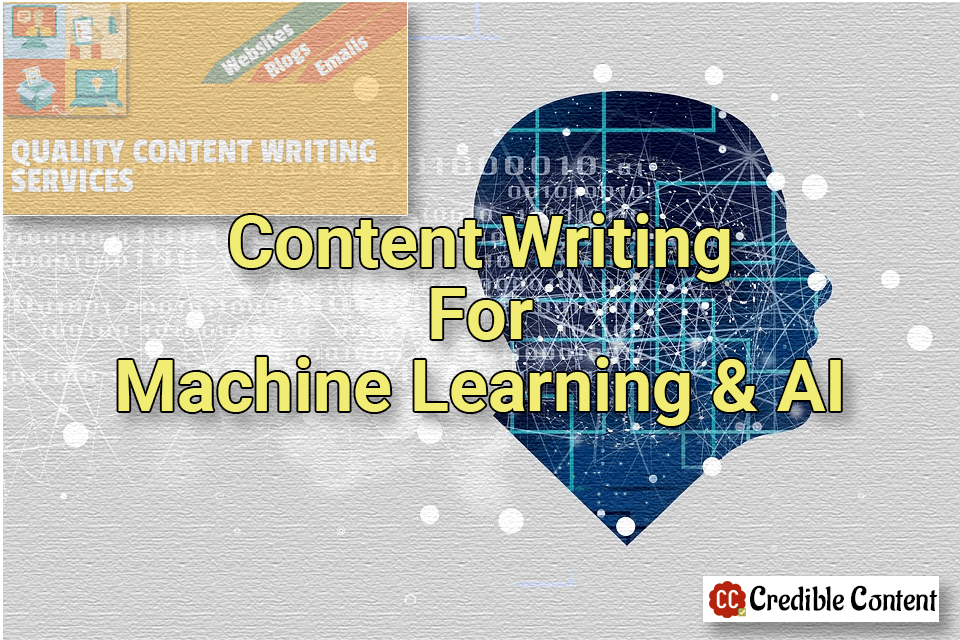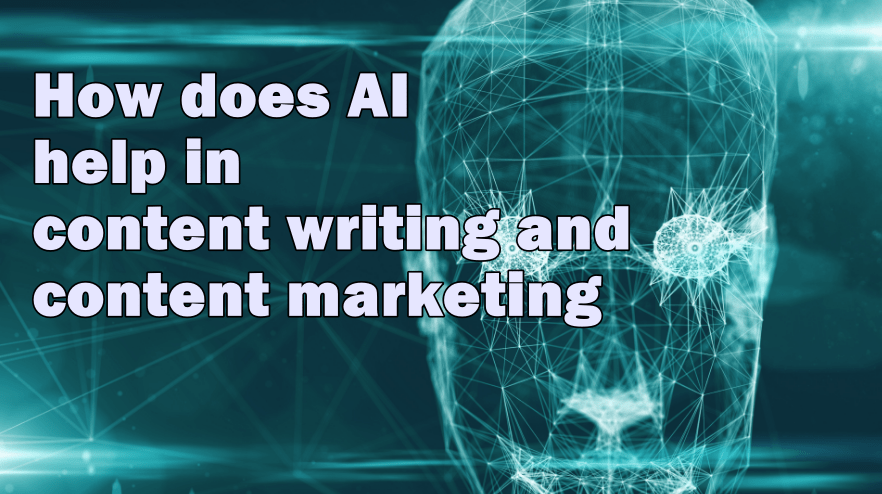The search engines are increasingly being powered by machine learning and artificial intelligence, according to this interview of Fabrice Canal, Principal Program Manager at Bing, Microsoft.
So, keywords are not important?
For a few years, keywords are going to be important because to be able to ignore the keywords completely and just focus on what your message intends to deliver, the AI will need to be much smarter.
Nonetheless, even at this nascent stage, your SEO depends more on factoring in machine learning and searcher intent and less on the keywords and the search terms.
When you genuinely want to improve your search engine rankings – mostly customers come to your website and not random searchers – you need to know the intent of your average visitor.
I will give you my own example: I publish content for two reasons:
- Attract people who will pay me for my content writing services.
- Attract people who would like to link to my content, share it on their social media profiles, and in general, help me spread my content as far as possible.
I keep it 60:40 – 60% of my content is for spreading information and 40% is to tell people what I can do with my content writing services.
How important is searcher intent for content writing effectiveness?
The term “searcher intent” was introduced in the wake of the BERT update from Google. It stands for “Bidirectional Encoder Representations from Transformers”. It is a deep learning algorithm related to natural language processing. It not only helps the machines to understand what the words in a sentence stand for, but also the context and the nuance.
Neil Patel on his blog gives very good “Before” and “After” examples of how the BERT update affects the search results.
The point is, the search intent of the search engine user is carefully analysed by the background AI to show appropriate results.
After all, people should be able to find information they are looking for instead of what search engines like Google and Bing think people are trying to find.
Therefore, Fabrice Canal says that the ranking algorithms at the search engines are constantly evolving and the machines learn on their own what people are searching and what search results they need.
What is search intent?
I have explained it multiple times on my website, but I will quickly recap.
Knowing the searcher intent means knowing exactly what your target audience is looking for. The search terms need to be interpreted according to their need and not according to just the words being used.
Thanks to BERT when you search for “the benefits of apple” the search engine completely ignores the Apple company which, previously, it did not. All the top results are about the benefits of eating apples.
On the other hand, if you search for “I have an apple” Google gets confused and starts showing results from various “Apple” products and reviews. It is not taking an inference from my previous search and then sticking to the fruit instead of the tech company.
Anyway, knowing the searcher intent during content writing keeps you focused and helps you write content your target customers and clients are looking for.
You may like to read: Why searcher intent is most important when writing content for your website.
Again, I will come back to my own example.
Suppose someone searches for “need a content writer”.
This becomes confusing for the search engine. Is the search about the qualities that are needed in a content writer? Does it mean “I need a content writer”? Does it mean “do you need a content writer?”
Big difference. When someone looks for “I need a content writer” it is a person who needs a content writer.
When someone looks for “do you need a content writer?” question is being asked whether someone needs a content writer.
These are very subtle things, but they can have a big impact on your search engine rankings. Even if the rankings of your core content pieces don’t fluctuate much, the sort of traffic that you get may not generate you much business.
What do I do to solve this problem?
I solve this problem by writing highly targeted pages. For example, instead of trying to target something like “need a content writer” or “I need a content writer” I try to write about “content writer needed for a web design agency” or, “looking for content writer for the real estate company”.
This brings us to the discussion of using longtail keywords. These keywords or search terms may appear long, and you may think that very few people may use them, but at least these people will be clearheaded and precise.
For example, when someone searches for “looking for a content writer for email marketing” and then comes to my website, I know that the person is actually looking for someone who can write email marketing campaigns.
You will get higher conversion rate.
The topic of this post was content writing for machine learning.
Search engine engineers at Google and Bing suggest that don’t worry much about keywords. With every new update, keywords begin to matter less. What matters more is the essence of your message.
Hence, focus on quality. Focus on relevance. Focus on searcher intent.


